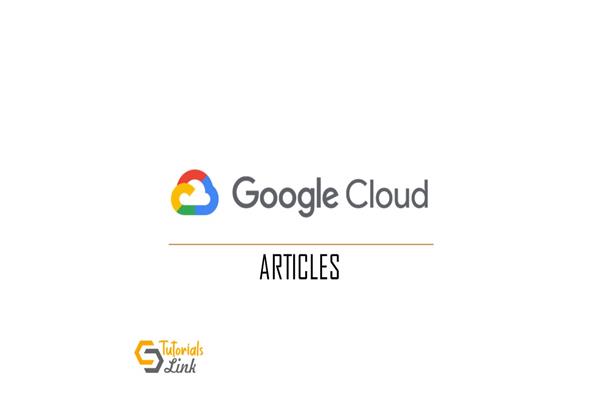What is Google Cloud App Engine?
What is Google Cloud App Engine?
Introduction
App Engine is a stage for building adaptable web applications and mobile backends. It permits you to focus on advancing your applications by dealing with the application foundation for you. It provides built-in services and APIs i.e. such as NoSQL datastores, Memcache, and user authentication, etc common for the application.
It released a preview on April 07, 2008, by Google and later on September 2011. It is a type of Platform as a service. App Engine works with popular development tools such as Eclipse, IntelliJ, Maven, Git, Jenkins, and PyCharm. You can build your apps with the tools you love without changing your workflow.
Google App Engine Standard Environment
It is based on the container which is running on Google infrastructure. It contains several runtimes such as Java7, Python 2.3, Go, and PHP with that includes libraries that support APIs. It provides us facilitate to easy to build and deploy an application that runs under heavy load and a large amount of data.
Features:
- Persistent storage with queries, sorting, and transactions.
- Automatic scaling and load balancing.
- Asynchronous task queues for performing work outside the scope of a request.
- Scheduled tasks for triggering events at specified times or regular intervals.
- Integration with other Google cloud services and APIs.
Requirements:
- Specific versions of Java, Python, PHP, and Go are supported.
- Your application must conform to sandbox specification i.e. No writing to the local file system, all requests time out at 60 seconds, and Third-party software installations are limited
Software Development Kit(SDK) is available for App engine that supports every language. It includes all the APIs and libraries, a sandbox environment that gives all the services to the system, and last obe Deployment tools used for uploading the application on the cloud.
Google App Engine Flexible Environment
Due to some restrictions in App Engine, you can not use the sandbox model unless if you want to use the app engine flexible environment which specifies the container in which the application runs. Inside it Docker containers on Google Compute Engine virtual machines (VMs) that managed by App engine They’re health-checked, healed as necessary, and you get to choose what geographical region they run in. All this so that you can just focus on your code.
The App Engine flexible environment allows you to customize your runtime and even the operating system of your virtual machine using Dockerfiles.
- It includes native support for Java, Python, and Go, etc. It gives the developer facility to customize the runtimes and also provide their runtimes such as Ruby, or PHP.
- It is an open-source community.
- Infrastructure customization.
- Take advantage of a wide array of CPU and memory configurations.
Benefits of Google App Engine
- Open and familiar language and tools: By using some popular language you can build and deploy apps or you can also use your own language runtime and frameworks.
- Add code: App Engine protects from security threats so that it helps us to write code without any underlying infrastructure.
- Pay only what you use: App Engine naturally scales relying upon your application traffic and expends resources just when your code is running.
Features of Google App Engine
- Popular Language: Build the application using language runtimes such as Java, Python, C#, Ruby, or PHP and you can also build your own runtimes.
- Open and Flexible: Custom runtime allows us to bring any library and framework.
- Fully Managed: App engine provides the facility to concern om infrastructure automatically and developer-only focus on code only.
- Application Diagnostic: App Engine provides some powerful application for monitoring the health and performance and also fix or diagnose bugs.
- Application versioning: The app engine has a different variety of versions for development, test, and production environment.
- Application security: App engine defines access rules to help safeguard the application
- Service ecosystem: Tap a developing ecosystem system of Google Cloud administrations from your application including a great set-up of cloud designer instruments.
Comparison Between App Engine Environment
- App Engine standard environment takes millisecond time for instance startup whereas a flexible environment takes minutes.
- SSH access in a standard environment is no but in a flexible environment, it will be yes.
- In a Standard environment, it is not allowed writing in a local disk but a flexible environment allows us only writes are ephemeral.
- A standard environment does not allow third-party support whereas a flexible environment allows third-party support.
- In a standard environment, the pricing model is to use free daily and pay per instance while in a flexible environment, the model is paid for resource allocation per hour.





